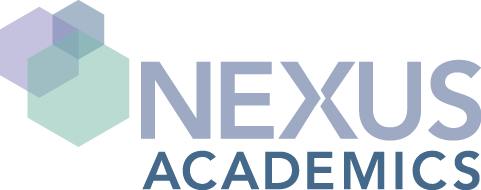Testing News
There are currently 19 states that have adopted the ACT as a statewide assessment of college readiness. Every high school junior in each of those state takes the exam sometime between March and May, and those scores are aggregated and reported by the end of June. Last year, Nevada had the lowest average composite score (17.8) of those 19 states, over three points below the national average of 21. On its this face seems troubling, but Nevadans (as well as those in other ACT-mandatory states) should be careful about what conclusions they draw and more concerned with what they do about those conclusions.
Standardized tests, including state exams like New York's Regents and Texas' STARR as well as the ACT, SAT, and other privately designed tests, are too often mistaken for assessments of academic skill. All of these tests are content driven, no matter the claims of their designers. They take stock of a set of information and ask test takers to regurgitate that information.
In the case of Nevada's ACT scores, the state is concerned that its students are less "college-ready" than the rest of the country (see this report in the Nevada Independent.) To publicize this concern though communicates fear where there may not need be any. ACT's validity as a measure of college-readiness is far from certain. These claims have a history of contention going back decades and have recently been roundly contested (see this study from the National Bureau of Economic Research and this article from Inside Higher Ed for more information.) Nevada has a well designed public school curriculum, supported by the Common Core State Standards, and has increased its high school graduation rate by over 20 points in the last five years. That metric should be a better measure of success in their high schools than the results of one year of ACT administrations and should make them question whether the ACT is aligned with the rest of the state's educational goals.
If we put aside the validity of the test, there is still the troubling nature of response. As many parents have seen with state tests, the inevitability of "teaching to the test" looms large. To rectify the low scores, the obvious move for administrators is to incentivize schools with rewards for score improvement. The schools will then incentivize teachers, who will adopt curricula that overemphasize the ACT content in favor of a more rounded approach. This will certainly increase ACT scores, but at what cost? A more robust approach would be to attempt to align the sections of the tests with existing standards and examine how those standards are currently implemented and assessed. Those areas that are lacking should be expanded, and assessments that are not capturing student performance well should be altered.
It is tempting to draw seemingly obvious conclusions about these scores, but we should not be so eager. Simply because the ACT and SAT are one of the standards by which American colleges and universities measure student readiness does not mean they are necessarily the best measures, or even good measures. In addition, though assessments of student performance, especially standardized ones, do correlate with teacher quality and school quality, there are too many confounding and coincidental factors to draw narrow conclusions about the direction that curricula should take. Let's be sure not to warn of impending doom before we take more than a fleeting glance to the horizon.
For the last seven years, debate has been heated among future MBAs as many business schools began to accept the GRE as well as the GMAT for admissions consideration. Now the same is happening for prospective law school students.
Since 1948, the LSAT (Law School Admissions Test) has been the only standardized measure used for Law School admissions. Then, in 2016, Arizona Law announced is would allow applicants to submit the GRE in lieu. Then, this year, Harvard did the same. Then Northwestern. Further, a recent poll revealed that nearly 25% of Law School Admissions offices plan to roll out similar policies in the near future.
LSAC (the company that administers the LSAT) is scrambling to maintain its stranglehold on Law School Admissions and has asked the American Bar Association to rule on the matter.
Read more in these two articles: Above the Law and Above the Law.
